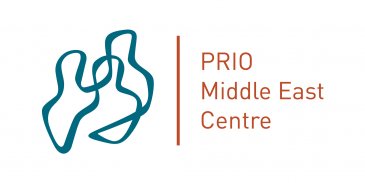 In a series of brief blog posts, researchers of the PRIO Middle East Centre offer their reflections on the unfolding Israeli-Palestinian Conflict.
In a series of brief blog posts, researchers of the PRIO Middle East Centre offer their reflections on the unfolding Israeli-Palestinian Conflict.
The proposition for cessation of violence in the suddenly exploded Israeli-Palestinian conflict appears so natural and necessary that the lack of any progress in its advancement after ten days of rocket salvoes and air strikes may appear shocking – unless we take a closer look at the stakes of key external influencers.
They issue plenty of statements on the urgency in ending deadly hostilities, but are all perfectly aware that the sharp escalation of the old conflict answers the seemingly clashing but in fact remarkably compatible political interests of the defiant Hamas leadership and struggling Prime Minister Benjamin Netanyahu.
The decisive impact is delivered by the United States, who effectively vetoed several attempts in the UN Security Council to adopt a carefully worded statement in favor of a ceasefire.
President Joe Biden walks a narrow path between the unreserved support for Israel by the Trump administration (which still shapes the position of the Republican party) and the demands for embracing the Palestinian cause from the “progressivists” in the Democratic party. Biden’s personal relations with Netanyahu go back good 30 years, and while never cordial, they provide a perfect understanding of one another’s calculations.
Biden may seem hesitant, but his refusal to put pressure on Israel is informed by the understanding that many Arab states, and Saudi Arabia in particular, are vexed with Hamas, which claims the role of defender of the Al-Aqsa mosque. It is just Turkey and Iran that are ready to declare full support for Hamas, while Egypt is waiting for the moment when the situation in Gaza would become desperate to make a forceful move with mediation. Russia values its ties with Israel far more than the connections with Hamas and merely suggest reconvening the ineffectual “Quartet”, and China finds a firm stance unprofitable. The EU, as well as key European states acting in individual capacity, have not missed the chance to demonstrate their irrelevance.
The parties to the conflict strive to get greater international attention, but USA and China, Russia and the EU persist with pivoting away from this tragic deadlock.